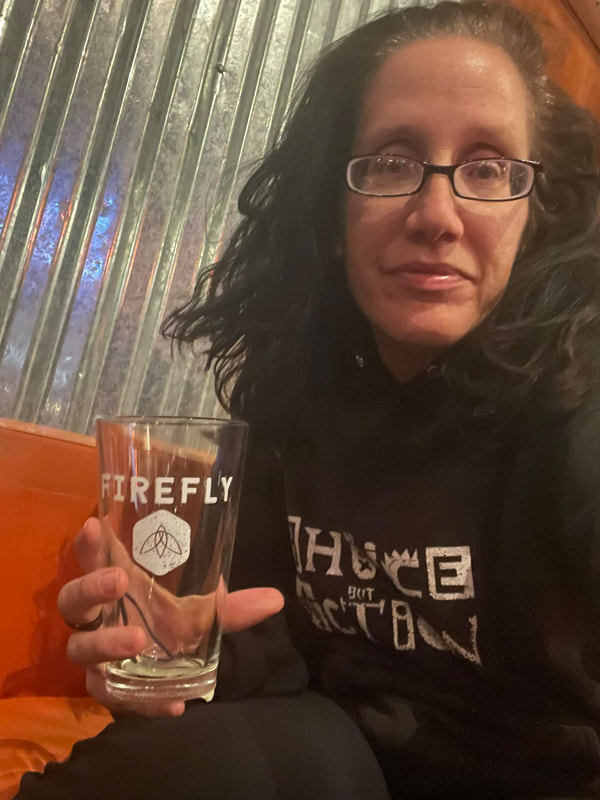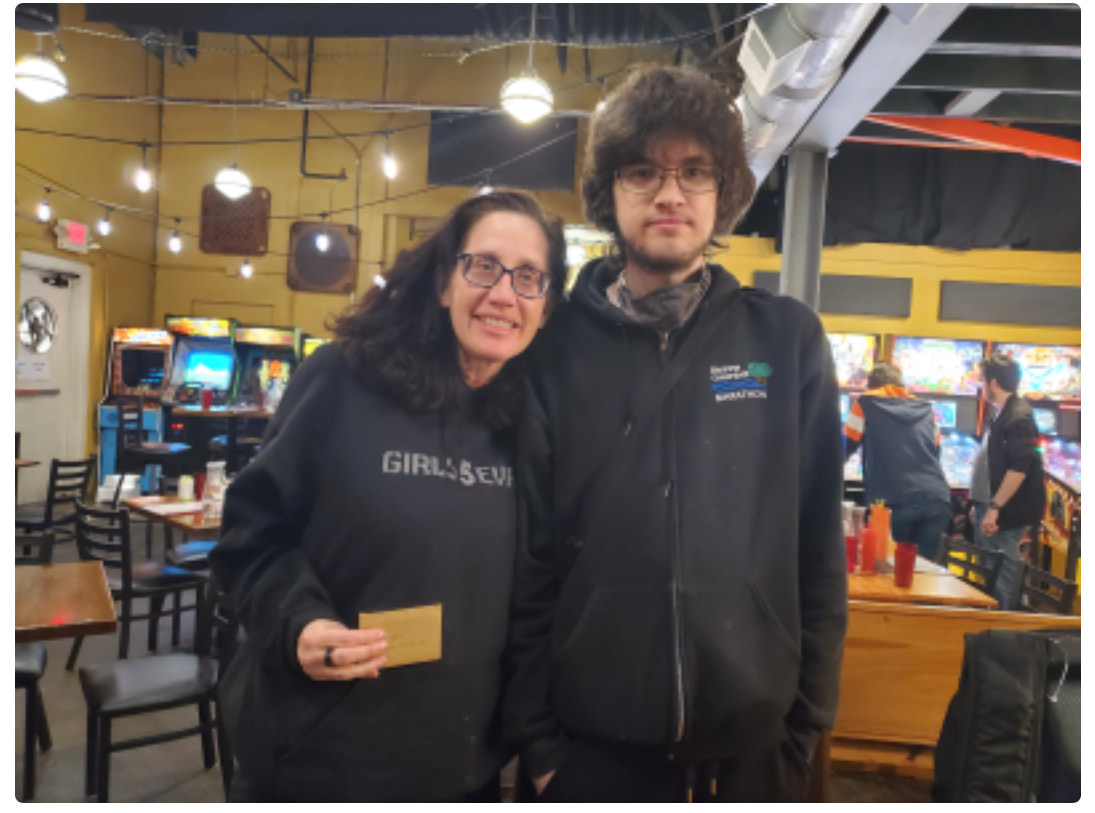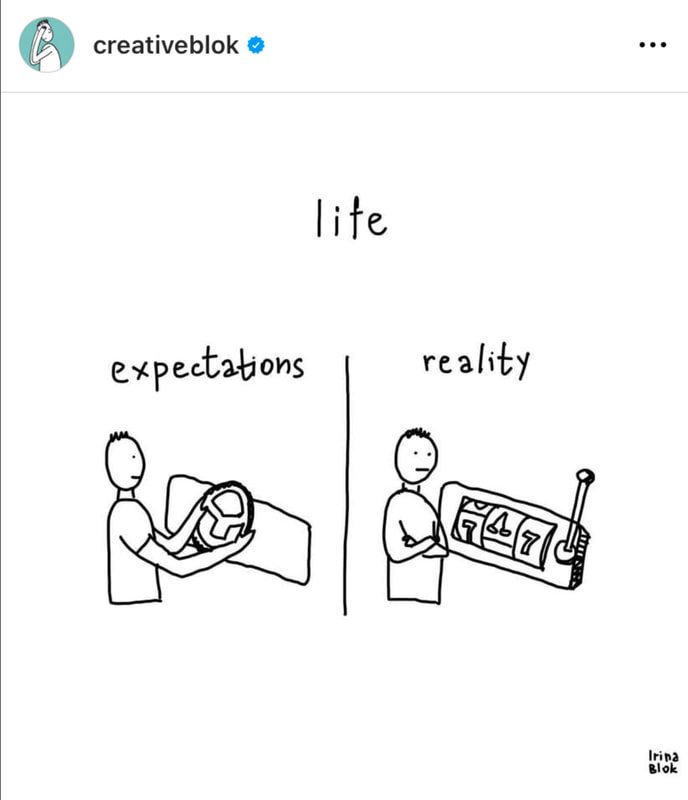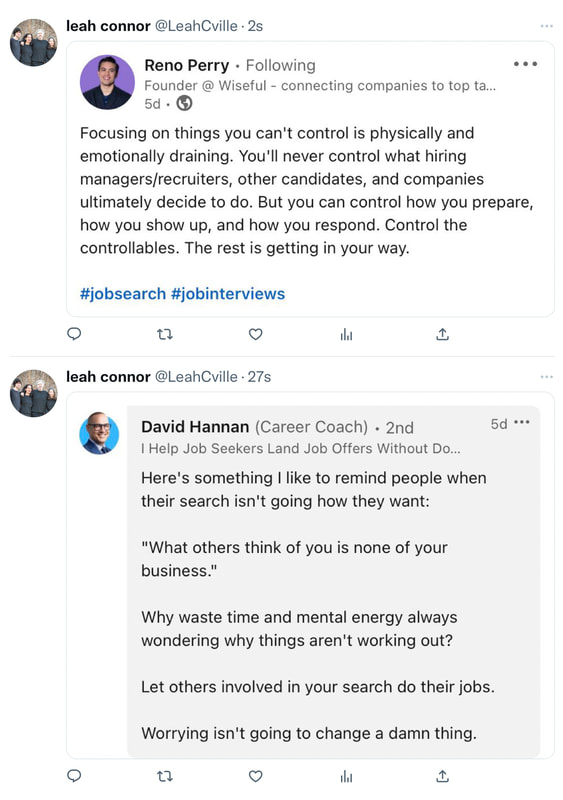|
Upon a motion by [redacted], and duly seconded by [redacted], the Committee voted to place certain terms and conditions on [redacted]’s license to practice as a clinical psychologist. The motion carried.
Documents associated with the most recent case may not yet be available for viewing. The referenced document is currently unavailable through the License Lookup. Please contact the applicable board for additional information. What is an Order? An Order is the document issued by the Board indicating the Board's decision that the practitioner is or is not in violation of law or regulation. Typically, an order resolves the allegations in the Notice, and contains findings of fact and conclusions of law. It may impose a sanction or require some action by the practitioner. In some cases, the Board's decision is to dismiss the allegations in the Notice and such a decision is usually stated in a letter. "Order" also applies to "Consent Orders" which are agreed to by the practitioner. A "Notice and/or "Statement of Particulars" contains a statement of charges that have not been proven. The Board will meet with the named practitioner to discuss these charges and make a decision, or settle the charges with a consent order. After the meeting, the Board may decide to exonerate the practitioner or dismiss the charges. Or, the Board may decide that some or all of the charges are proven and a violation of law or regulation occurred. If the evidence supports a violation, the Board may take appropriate action against the license of the practitioner. Until the Board issues a decision (by letter, order or consent order) that contains findings about these charges, they are not proven. [BACKGROUND]
0 Comments
Do you want to be right or do you want peace? Alternatively, “Do you wanna be right or do you wanna create?” I recently re-watched “Stutz” on Netflix and I came to the conclusion that in order to move forward I must accept a decision that I believe is wrong. It is not in my best interest to fight for what I believe is right. My story is a complicated one, but well-documented because I document everything. A former employer made decisions in a way that I consider to be unprofessional, inappropriate, and possibly discriminatory. The manner in which these decisions were made and the way I was informed have negatively affected the trajectory of my life. All the information I received was as a result of my direct request for information from HR and it wasn’t easy. All the information I received was secondhand information from HR and not direct communication from my supervisor or coworkers. HR told me what someone else said to her who heard something from someone else about events that occurred months ago. This is not an effective or useful way to communicate, clarify problems, find solutions or resolve conflict. Indirect communication is a failure on part of management especially when I made every effort through the proper channels, including HR and the Ombuds, to have a facilitated conversation to address my own concerns as well as staff concerns. I was worried that because of strange and contradictory statements made by my supervisor and other staff during my final week of employment that it was possible that I could be denied future employment. I was also worried that some of my actions during a mental health crisis when my anxiety disorder was exacerbated could be used against me. After two interviews with a local art gallery, I was verbally offered a position by someone who thought I was the perfect fit for their team based on my past skills, a presentation I created specifically for them with my observations and recommendations, and our one-on-one interactions. I was giddy. There’s no other word to describe it. I was on top of the world feeling validated and valued. After 100+ interviews that only resulted in four offers, I was given the opportunity to have a part-time creative and engaging role that seemed like an amazing supplement to another full-time remote position I recently started. I knew I was more than perfect for the role because of my skill set, desire to learn, flexibility, and financial opportunity to take a wage position with no benefits requiring weekend work. It was a huge ask for anyone else to take on this position — and I believed I was the ideal candidate they were seeking. When a formal offer wasn’t sent as quickly as we had discussed, I began to panic that somehow my past unresolved issues at VAFF would somehow affect my ability to be hired here. I was asked to be patient, but the anxiety didn’t dissipate. Over the next week, I learned that my “paranoia” was actually perception. All of my greatest fears - the ones I had since my last day at my former employer, that somehow what happened during my exit interview and the week before would preclude future employment - those fears were finally confirmed. It was shocking, devastating, and infuriating. The more information I received about the decision-making process regarding the denial for a role that I was verbally offered, the more I realized this is a battle I am never going to win and one in which I will be the sole injured party. I can no longer engage in trying to tell the truth when everyone is committed to their own false realities. Nothing I do will convince them that how they handled this situation is unprofessional, unjust, disrespectful, possibly discriminatory, and simply wrong. I do not need to convince anyone that I am a good person and a valuable employee who is creative, dedicated, and hardworking. I’ve proven this. I demonstrated that before my final week at my last employer. I demonstrated that during my 22 years at Learning Without Tears. It’s a core part of my identity and it’s the reason I’ve been very successful in anything I committed myself to, whether it be a volunteer position at the Charlottesville Track Club, or a salaried role at a for-profit company. My energy, passion, artistry, strong work ethic, honesty, and empathy is core to who I am and on full display. The fact is, I also have an anxiety disorder. I hadn’t admitted this during my initial interview. However, during my last week, when I knew I wasn't able to successfully hide my invisible disability anymore, I specifically mentioned my anxiety disorder to a number of colleagues via email in an attempt to explain my behavior. A good manager and a strong leader will do their best to openly address concerns rather than avoid them. A good manager and a strong leader will see talent and understand that a mental health crisis shouldn’t define a person nor should it affect their future hiring opportunities. If a manager or coworkers notice an employee doing things or communicating in a way that could be viewed as “concerning” or “disturbing” then they should seek help and offer resources to support the employee who is demonstrating clear signs of an anxiety disorder. I understand that many managers do not have the skills to address mental health crises with their employees, but this must be fixed through proper training. If someone doesn’t know how to handle a situation, that doesn’t mean they should ignore it and prevent future employment. I will always be open to having an honest and open dialogue with my former employer, but I’ve accepted that it probably will never happen. A conversation is what I’ve requested since my last day because I believe every single interaction is an opportunity to learn and to grow. I am moving forward. Ready to make waves. It’s no secret to my family that I’m a huge “Morning Joe” fan. I especially enjoy Mika Brzezinski because she’s about my age and has many similar opinions and observations. One thing that I find quite meaningful and useful are her segments regarding the “Know Your Value” movement that she founded. As a woman in her early 50s who’s been searching for the “perfect” job for longer than I want to admit, I have experienced a lot of rejections, many of which I believe are rooted in some form of bias against older and more experienced women. It seems counterintuitive that you would dismiss the potential of adding a team member who brings a wealth of knowledge and skills from a lifetime in the workforce, but I’ve seen it happen. I’ve followed up on positions I’ve wanted to find out they’ve become filled by people half my age with sparse LinkedIn profiles. In my search, I have become quite the expert in salary ranges, job descriptions, company cultures, and HR practices. I know what’s fair, what’s realistic, what’s inefficient, what’s transparent, and with more than 100 interviews under my belt, I can more easily sense both good fits and red flags. That being said, experiences and expectations can change your perspective. I strongly believe that clear, direct, empathic, and honest communication will always be the fastest route to fostering meaningful relationships and to solving conflicts or problems. Over the past few months I’ve had to re-evaluate my career objectives, my strengths, my weaknesses, what motivates me, what blocks me, what inspires me, what irritates me. I’ve had to think about what I’m worth, what I value, what I offer, what I need. Making a lot of money has never been something important to me. Rather, I need to feel like I’m getting something useful done well and, more importantly, that I’m making a positive impact on someone else’s life. There are so many roles that can achieve those goals – from serving a cup of coffee to directing a road race. I’ve also learned over time to get out of my comfort zone and look for ways to have an impact that didn’t initially seem like viable or feasible options or opportunities. For me, it’s equally important to demonstrate my skills and work ethic as it is to make an authentic connection. When that happens and someone appreciates both your efforts and your vulnerability, it’s magical. To be seen as someone with both talent and likability is priceless and empowering. I will never take that feeling for granted even if things don’t always work out the way I had wanted or anticipated. I know I’m valuable and it can be frustrating when bureaucracy or bias blocks my desired path, but as a long distance runner who’s endured many setbacks, I will always strive to finish the race and, more importantly, to enjoy the journey to the next one. |
@leahcville1/2 of @TwinsRun Categories
All
Archives
April 2024
|








 RSS Feed
RSS Feed
